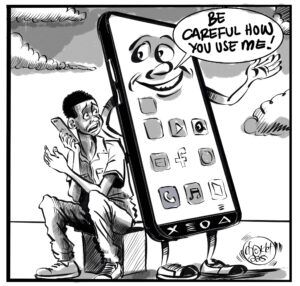The National Water Supply and Sanitation Council (NWASCO says water contamination in some parts of Lusaka is suspected to have been caused by Sewerage overflow that was reported from a housing block in close proximity to the NAPSA Housing Complex.
And NWASCO has ordered LWSC to exempt affected households from paying water bills for the month of January.
At a press briefing, Wednesday, NWASCO assistant director engineering Peter Mutale confirmed that preliminary findings from the ongoing investigations show that, microbial contamination was recorded in two boreholes in the periphery of the NAPSA Housing Complex.
“Contamination is suspected to have been caused by Sewerage overflow that was reported from a housing block in the close proximity to the boreholes and also the storm water from the complex which is discharged near the borehole site,” Mutale said, adding that sewerage overflow was believed to have occurred between December 29 and 31, 2018.
Mutale also confirmed that sporadic cases of sewerage overflows were reported in Nyumba Yanga in the period preceding the start of the New Year that potentially propelled water contamination.
And Mutale directed LWSC to take stock of all households affected by water contamination In Nyumba Yanga, NAPSA Complex, Matala and parts of Ibex Hill and exempt them from paying bills for the month of January, 2019.
He also directed LWSC to flush two boreholes and system where contamination occurred until the source and network was safe.
“Super Chlorination should continue as earlier directed until NWASCO is certain that the situation is under control,” he said.
Mutale further directed LWSC to attend to all sewer blockages immediately when they occur and not within 24 hours as stipulated in the Service Level Guarantees.
He has assured the general public that NWASCO would continue monitoring the situation until the issue was satisfactorily resolved.
Mutale has also warned the public to take precaution and ensure water for household use is disinfected or boiled, further advising the public to observe good personal hygiene as well as good environmental practices.



















